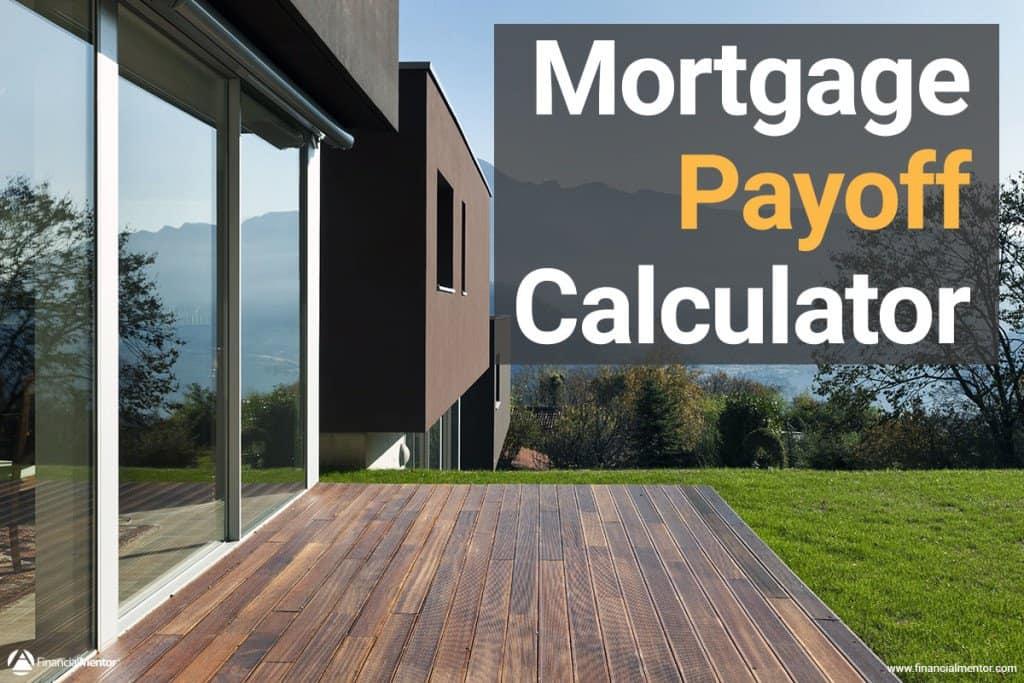If you have the extra cash, paying off your mortgage early can save you tens, or even hundreds of thousands, of dollars over the life of the loan.
One way to pay off your mortgage early is by making larger monthly payments. But how much more should you pay? NerdWallet's early mortgage payoff calculator figures it out for you.
The mortgage payoff calculator shows you:
-
How much more principal you would have to pay every month to pay off the loan in a certain number of years.
-
How much interest you would save by paying off the loan early.
To fill out the fields, it might help to have one of the following:
-
A recent monthly statement.
-
-
Make a lump-sum payment toward the principal. You might do this after receiving a bonus, inheriting money or getting an income tax refund, for example.
-
Refinance to a shorter term. If you can refinance with a lower interest rate, for a shorter term, it's a win-win. For example, you could refinance a 30-year mortgage into a 15-year loan. The monthly payments will almost certainly be higher, and you'll pay closing costs, but your overall interest expense will be dramatically lower. See NerdWallet’s list of best mortgage refinance lenders.
The first page of the Closing Disclosure that you received when you finalized your mortgage.
Mortgage payoff calculator help
-
Mortgage amount: You can find this on the first line of the Loan Terms section of your Closing Disclosure.
-
In how many years do you want to pay off your mortgage? Enter different numbers to see how your payoff timeline affects your overall interest savings.
-
How much do you still owe (your outstanding balance)? Look for this figure in a recent monthly statement, or contact the mortgage servicer. Or you can use NerdWallet's mortgage amortization calculator and drag the slider to estimate how much you still owe.
-
Results: Dollar amounts show only the principal and interest portions of your monthly payments. Your full monthly payment may also include other costs such as taxes, homeowners insurance and mortgage insurance (if applicable). Make sure you're comfortable with your potential payment once these costs are added.
For more information about how the process of gradually paying off a mortgage works, see this explanation of mortgage amortization.
» MORE: Investing vs. paying off your mortgage
How to pay off a mortgage early
Paying off a mortgage early requires you to make extra payments, but there's more than one way to approach it.
Here are some specific ideas:
-
Use the 1/12 rule. Divide your monthly principal payment by 12, then add that amount to each monthly payment. You end up making the equivalent of 13 payments, instead of the required 12 payments, every year.
-
Use a savings account. Deposit one-twelfth of the monthly principal payment into a savings account each month, then use that money to make a 13th payment.
-
Make biweekly payments. Pay half a mortgage payment every two weeks. You make 26 half-payments, equivalent to 13 full payments a year. If you want to try this, first make sure your mortgage servicer is set up to receive biweekly payments.
-
-





